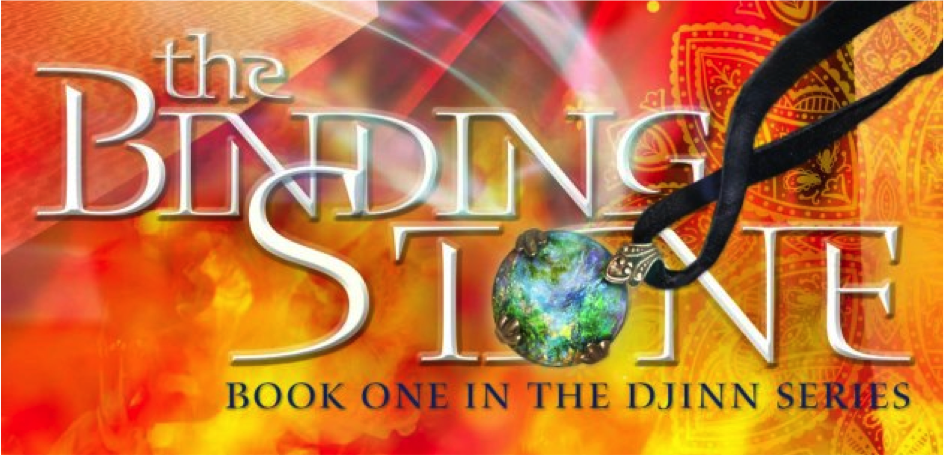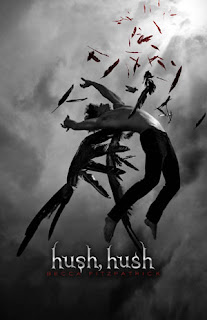Today I have with me Uber Agent Extraordinaire Sara Megibow. Yes, I have dubbed her such. She is not only AMAZING at what she does, she is super nice to boot. She's agreed to take time out of her very busy schedule to answer some pressing questions I've heard plenty of writers discussing lately. So without further ado, here is the interview:
1. The market is rapidly changing as we all know. How is the agent's job
changing with it, or is it?
Great question and thanks for having me
here today! I imagine that, as with most questions about publishing, this
answer will vary greatly from agent to agent. I tend to represent debut genre
authors (Stefan Bachmann of the middle grade fantasy THE PECULIAR, Miranda
Kenneally of the contemporary young adult CATCHING JORDAN, Roni Loren of the
contemporary erotic romance CRASH INTO YOU, etc), so my answers will be skewed
to those markets.
For me personally, when someone says
"rapidly changing market" my thoughts go to electronic book sales and
subsidiary rights.
What does "rapidly changing
market" mean in terms of ebook sales? Growth. We've seen huge growth in
the ebook market since I started working in publishing in 2006. The impact of
that growth affects my job in many ways - this won't be an all-inclusive list,
but here's an overview:
In
2012, Stefan Bachmann's book sales (remember - he writes middle grade fantasy)
broke down to 94% print sales and 6% ebook sales. Conversely, Roni Loren's book
sales (for contemporary erotic romance) were 33% print book and 67% ebook
sales. How does this affect my job? Well, I need to know this stuff. It's important
to know the numbers, the trends and the impact for my clients and their books.
We see ebook sales growing tremendously, but it's also important to know in
which genres that growth occurs and in which segments growth is perhaps
plateauing. Ebook growth in the past couple of years has affected my day-to-day
job to include: negotiating contracts that include important
ebook language and ebook royalties, crafting publicity plans for my
clients that focus on print sales AND ebook sales (or just ebook sales for
clients with ebook-only releases), weighing ebook-only deals with p&e deals
(print and ebook) and researching the impacts of cover design, metadata,
release dates and pricing on ebook sales.
What does "rapidly changing
market" mean to subsidiary rights? Opportunity. Subsidiary rights (to an
agent) means film, foreign rights, audio rights, gaming, merchandise, etc.
Possibly as a side result of the growth in ebook sales (or possibly due to the
gigantic increase in pop cultural success coming from books like HARRY POTTER,
TWILIGHT and HUNGER GAMES) - I've seen tremendous increase
in opportunities for my authors to make money on subsidiary rights. I
have more interest from Hollywood for film and TV sales than ever
before and for a wider range of books (romance, erotica, New Adult, middle
grade - etc.). CATCHING JORDAN by Miranda Kenneally was optioned to producer
Nick Wechsler last year, and I have more big Hollywood news coming
soon. I'm selling more audio rights and making more money for my clients
on foreign rights. Tiffany Reisz's ORIGINAL SINNERS series knocked 50
SHADES OF GREY off the #1 bestselling spot in erotica in the UK and Stefan
Bachmann's THE PECULIAR is a bestseller in Germany and Switzerland. So, how is
my job changing? Basically - I am spending more time shopping, organizing,
planning and promoting subsidiary rights sales for all my clients whether they
write fantasy or erotica and whether they are debut authors or international
bestsellers.
As a side note, many times when writers
ask agents about the "rapidly changing marketplace" they are asking
about self-publishing. Self publishing is a wonderful trend that has seen
tremendous success in the past few years. This trend doesn't affect me much
though as I don't tend to represent previously self-published titles.
My inbox is still stuffed full of authors looking for traditional
publishing deals and that's the model I, personally, tend to prefer. For
example, Jaleigh Johnson came to me via the traditional email query letter in
December and we sold her debut middle grade fantasy in 12 days in a significant
deal to Random House. So, self publishing works for a lot of authors, but it's
not a trend that's affecting me much right now as the traditional model is
still working for me very very very well.
2. Many are going the self publishing or Indie route. We've examined the
pros and cons in a series here on this blog. What would you say to those that
choose this route?
Awesome! Seriously - the success
stories are inspiring and heart warming. It's not a segment of the industry
that I pursue as I am still rabidly in love with traditional publishing. But,
some of my clients are self publishing ancillary works - for example, Juliana
Stone is publishing a New Adult, THE STILLNESS OF YOU, under the name
Julie Bale and is very happy with that decision. One big benefit self
publishers have (at least in my limited experience) is control - they can
control content, length, release date, cover, editing, pricing, metadata,
promotions, publicity, audio rights, etc. For authors who prefer a lot of
control in the process, I imagine this is a powerful and wonderful feeling. If
someone who is not a client says to me, "I've decided to self
publish" I say great! If someone who is not a client says to me,
"I've decided to traditionally publish" I say great! If that someone
IS a client, then my answer is a bit more complex as all clients receive
in-depth, personalized career planning. Still, your question is "what
would you say to those that choose this route" and my answer is, Great!
3. Here's the big one! Why do we still need an agent?
That's an excellent question! You
don't. :)
Many authors don't want agents and if
you don't want an agent, then don't get one. Personally, I want to
work with people who WANT to work with me and I'm sure it works the other way
around too. This question doesn't offend me at all and it's an excellent one!
Here are some reasons why you *might* still need an agent:
There are publishing houses and
imprints that only accept material from agents. However if an author has no
interest in submitting to those houses, then having no agent is no loss. In
general, I would say if an author wants a traditional publishing deal, they
want an agent. If an author wants a small-press publishing deal or to
self-publish, they don't need an agent (although she/he may want one anyway).
As an agency, we provide serious and
thorough contract negotiation. However, anyone can hire an entertainment lawyer
(just make sure to hire one that specializes in publishing contracts). If you
are self-publishing, then there are fewer contractual issues to worry about.
But if you are print and/or e-book publishing with any publishing house - big
or small - then the contract is a complicated document that most people
need explained and/or negotiated for them.
I provide editorial feedback, career
planning and publicity/promotions help - but an author can hire an editor,
make their own career plans and pay for a publicity team.
Our agency audits royalty statements
for our clients and tracks license payments, advance payments and royalty
payments. An organized author can do that for her/himself, especially
if they have an accounting background.
The big question is subsidiary rights.
Can an author shop their own foreign, audio, gaming, film, TV
and merchandising rights? That I don't know. I wouldn't want to
have to do that on my own, however there are some very savvy people out there
and if this extent of sales floats your boat, then I imagine it can be done.
Perhaps the savvy author could hire their own foreign co-agent and travel to LA
to meet with film co-agents? Again, I don't know the answer to that one. My gut
response in today's market (and that could change next year, next month, next
week) is that if an author wants to exercise their subsidiary rights
then they need an agent.
Hugh Howey didn't have an agent when
WOOL went viral as a self published e-book, but he has one now (my boss, Kristin
Nelson). Kristin has closed foreign deals for him, a print-only deal (very
rare) and a significant film deal with Ridley Scott. Courtney Milan DID have an
agent (again, my boss - Kristin Nelson) when her self published e-books hit the
NYTimes bestseller list. If an author wants to self-publish, they don't need an
agent, although these are two good examples of authors who wanted
them.
So, that's my answer. Why do you still
need an agent? If these additional services would be of benefit to your author
career then you may need an agent. If these services would not benefit you, or
you simply don't want an agent, then you don't need one.
WOW! Thank you, Sara, for being so forthcoming and explaining things so well.
Want to know more about my guest? You can find her in the following places:
Sara Megibow
Literary Agent
Nelson Literary Agency
on twitter @SaraMegibow
and on publishers marketplace:













